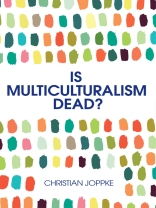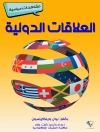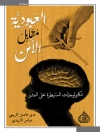Multiculturalism is controversial in the liberal state and has frequently been declared dead, even in countries that have never had a policy under that name. This authoritative book reviews the different meanings multiculturalism has acquired across theories, countries, and domains to evaluate the extent of its demise and the ways in which it lives on.
Christian Joppke intriguingly argues that, beyond the ebb and flow of policy, liberal constitutionalism itself bears out a multiculturalism of the individual that is not only alive but necessary in a liberal society. Through a provocative comparison of gay rights in the United States and the accommodation of Islam in Europe, he shows that liberal constitutionalism constrains majority power, requiring the state to be neutral about people s values and ethical commitment. It cannot but give rise to multiple ways of life or cultures, as people are endowed with the freedom to embrace them. Accordingly, impulses toward multiculturalism persist, despite its political crisis, but with a new accent on the individual, rather than group, as the unit of integration.
Tightly argued and clearly written, this book provides a judicious assessment of multiculturalism in the West and will be of interest to a broad readership across the social sciences and legal studies.
Tabla de materias
* Introduction: What is Dead and What is Alive
* Chapter 1: Multiculturalism: Not One but Many Things
* Chapter 2: Retreat of Multiculturalism and Civic Integration
* Chapter 3: Why Multiculturalism is Necessary: Liberal Law and the Empowerment of Gays and Muslims
* Chapter 4: Multiculturalism v. Antidiscrimination
* Conclusion: What Remains: A Multiculturalism of the Individual
Sobre el autor
Christian Joppke is Professor of Sociology at the University of Bern












